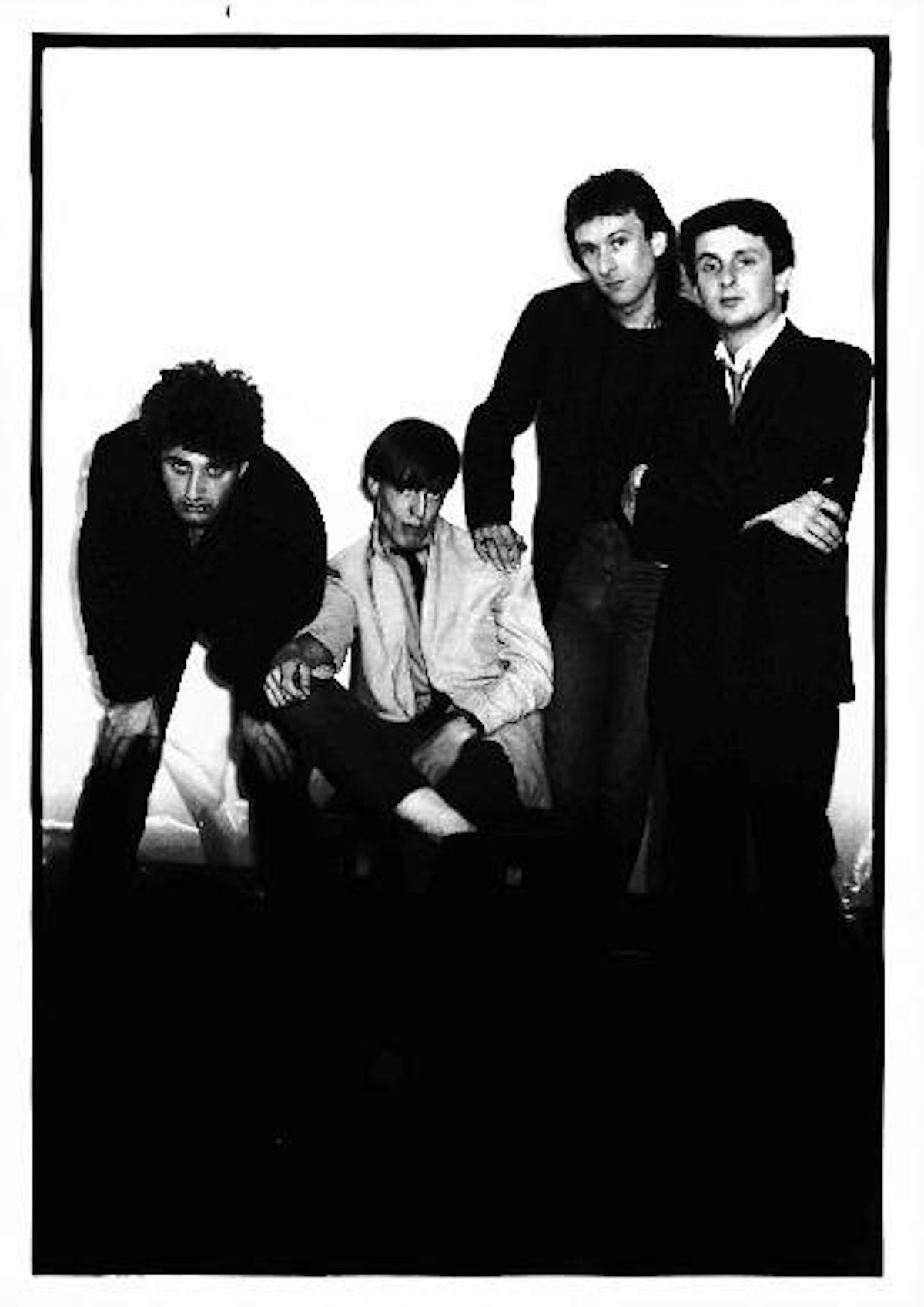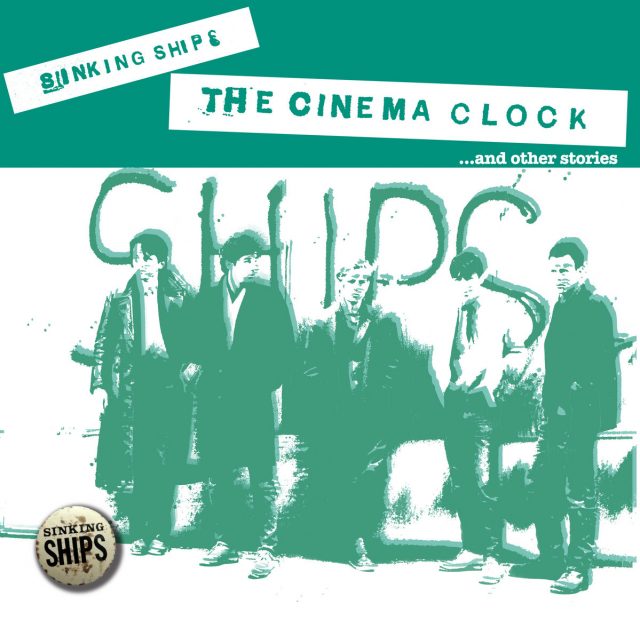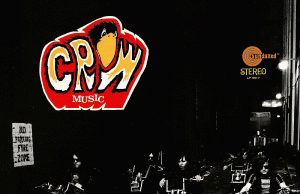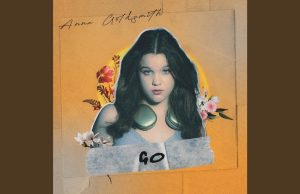THE EDITED PRESS RELEASE: “Notes from a Sinking Ship by Terry Welbourn, Lincoln, 2021:
I first met Simon Brighton at a fancy-dress party at Lincoln College of Art in the autumn of 1975. He was dressed as Alice Cooper. I was D.P. Gumby. We both claimed to be drummers, so it seemed unlikely that we would ever form a band together. By the time Sinking Ships were formed in autumn 1979, Simon was playing guitar and I was playing bass. By 1979 we had begun to write new material that retained punk attitude, but embraced our progressive past. But in 1980, the excitement and vibrancy of the punk and new-wave scene had evaporated. England was a place of recession and mass unemployment. In between writing songs, we wandered the streets of Lincoln in our long overcoats, like actors searching for our part in a post-punk world.
We wanted to follow in the footsteps of our peers such as John Foxx’s Ultravox!, Magazine, The Psychedelic Furs and Echo and the Bunnymen. All bands familiar to our drummer, Nick Green, who worked in our local record shop. On the release of our first single The Cinema Clock in the autumn of 1980, many people claimed that we were simply another outfit waiting to jump on the Joy Division bandwagon. This, I might add, was not the case. Simon and I didn’t discover the band until after the release of Closer in the summer of 1980. By that time, most of our so-called ‘Joy Division material’, had already been written.
 At the time, I was inspired by Jah Wobble’s bass playing on Metal Box and I loved the way Wire managed to make their songs so melodic despite their austere sound. Simon, a big Carlos Santana fan in the early part of the decade, quickly embraced the direct and sometimes chaotic style of playing employed by the likes of Robin Simon from Ultravox, Andy Gill from Gang of Four and John McGeoch of Magazine, yet he still managed to maintain the progressive tendencies of Dave Brock from In Search of Space-era Hawkwind! Nick — a big Iggy Pop fan — having access to a whole spectrum of sounds in his workplace, was forever introducing us to new bands such as Killing Joke, The Sound, The Scars, Local Heroes and The Comsat Angels.
At the time, I was inspired by Jah Wobble’s bass playing on Metal Box and I loved the way Wire managed to make their songs so melodic despite their austere sound. Simon, a big Carlos Santana fan in the early part of the decade, quickly embraced the direct and sometimes chaotic style of playing employed by the likes of Robin Simon from Ultravox, Andy Gill from Gang of Four and John McGeoch of Magazine, yet he still managed to maintain the progressive tendencies of Dave Brock from In Search of Space-era Hawkwind! Nick — a big Iggy Pop fan — having access to a whole spectrum of sounds in his workplace, was forever introducing us to new bands such as Killing Joke, The Sound, The Scars, Local Heroes and The Comsat Angels.
Julian Cope, on hearing The Cinema Clock 20 years after its release, stated that if he’d heard it at the time, he would have been a fan. He commented on the, ‘far out’ arrangement and I had to admit that it was simply down to our musical ignorance rather than any grand design. We came from a school of thought that believed writing our own material always took precedence over learning cover versions. As a result, our musical education was developed in somewhat of a vacuum.
With so much diverse music around, it was difficult to know which path to follow. Instead of following our musical noses, we became easily swayed by those, with all the best intentions, telling us to be more commercial. Would anyone play The Cinema Clock on the radio with that intro? Well, John Peel did! Our attempts at pop were reasonably successful, but was it really us? Who can say? The rise of the New Romantics and their associated reliance on new electronic devices was another diversion that distracted us from our path. As young men in our early 20s we were prone to follow fashion. When we did eventually get back on course, by introducing a second guitarist into the fold, our days were numbered. The band eventually split in autumn 1981, with a number of our new, more adventurous songs unrecorded. Maybe one day they will be resurface …
Last year heralded the 40th anniversary of The Cinema Clock. Such a long time ago.”












































